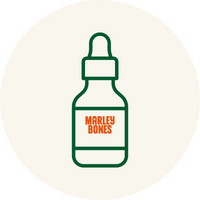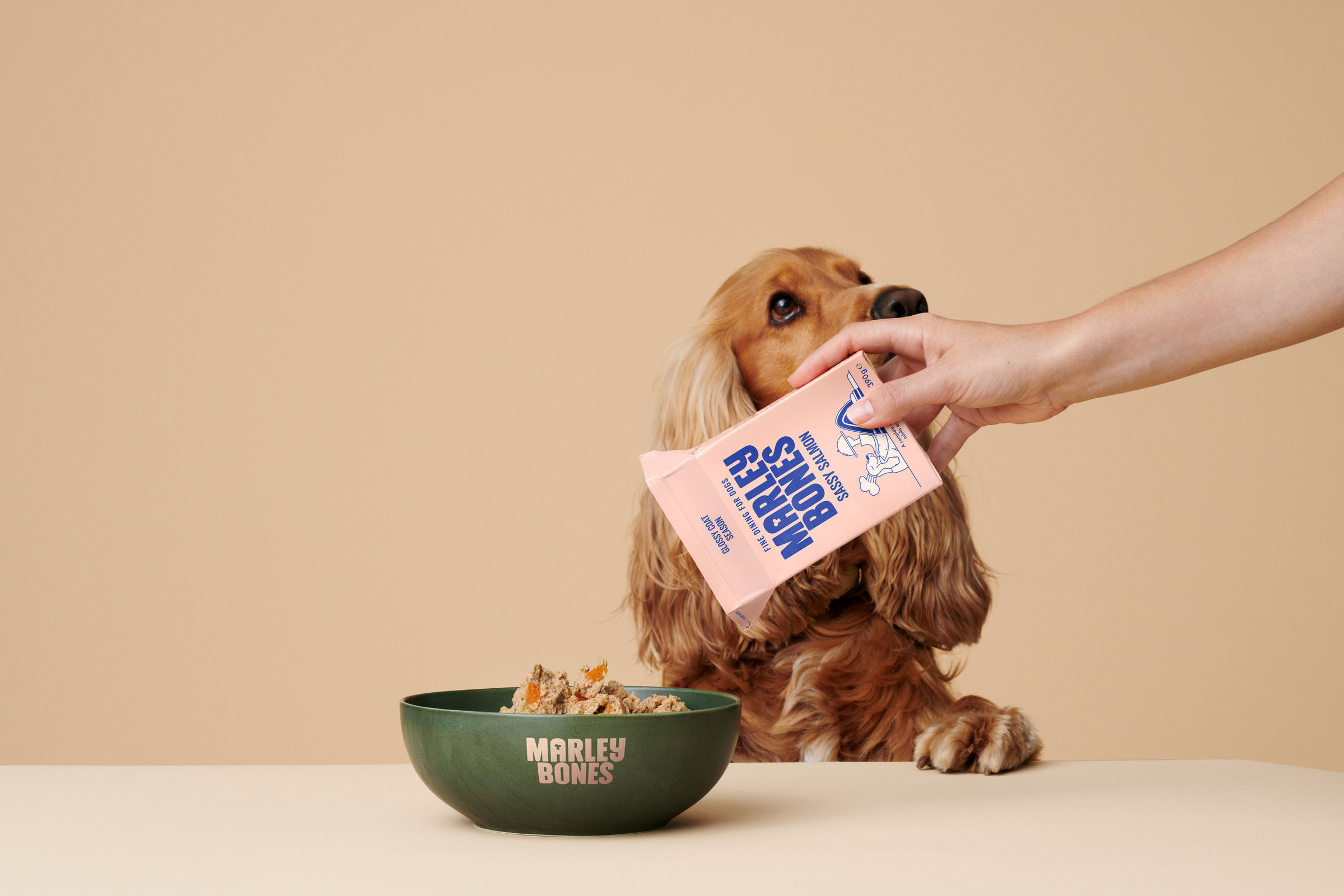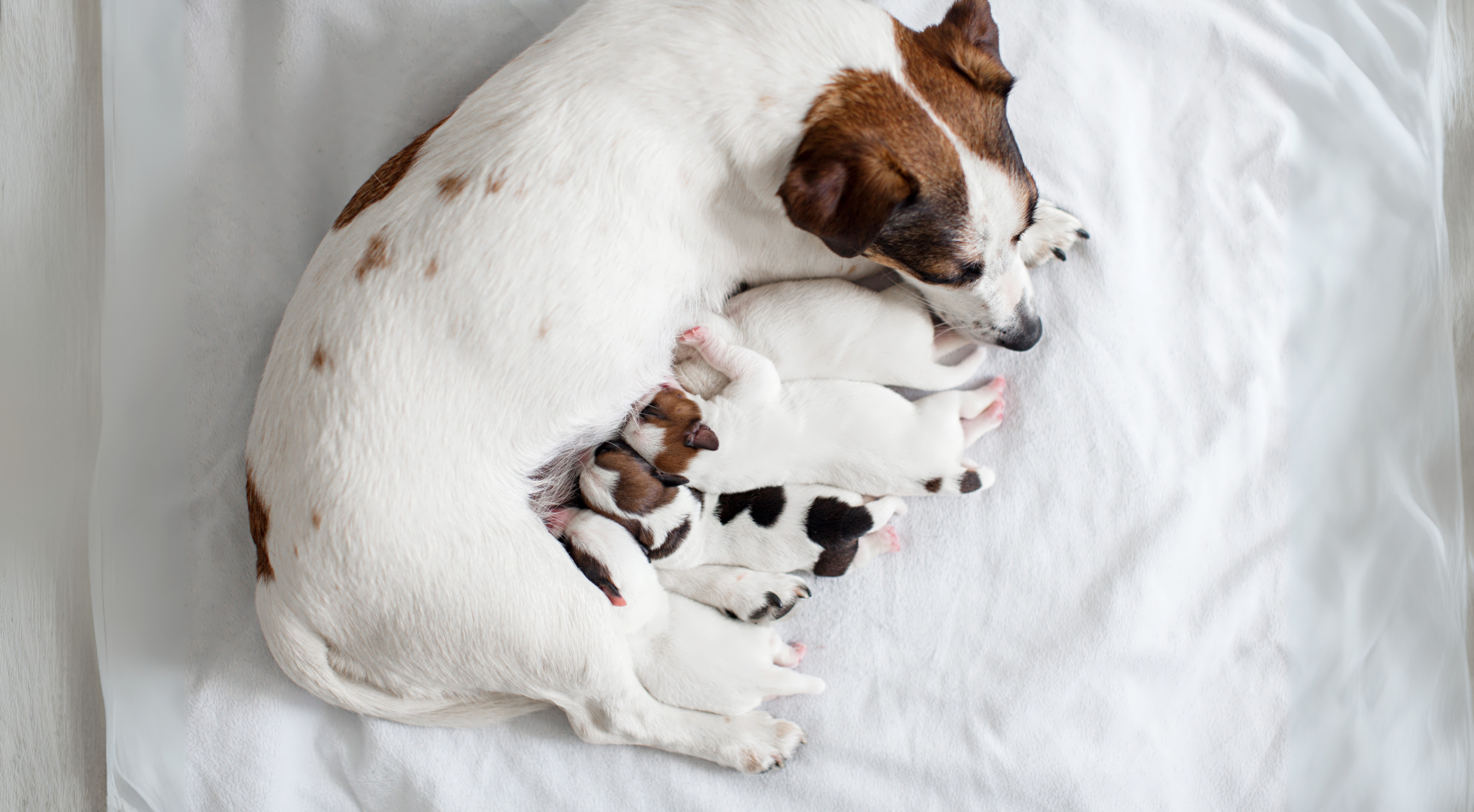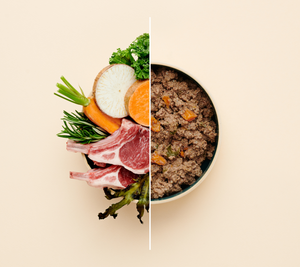How Long Are Dogs Pregnant? Understanding Canine Gestation Week by Week
Dog pregnancy is a remarkable journey that usually lasts around 63 days, or just over nine weeks. For dog owners, knowing what to expect during each stage of this process can make a real difference in supporting your dog’s health and ensuring a smooth delivery.
Understanding the timeline and symptoms of pregnancy, along with the right care and preparation, helps make the experience calm, safe, and positive — both for your dog and her future pups.
Canine Pregnancy Timeline
Dogs are typically pregnant for 58 to 68 days, with most pregnancies lasting around 63 days from the point of conception. While this can vary slightly based on breed and individual dogs, this average provides a good benchmark for planning care, check-ups, and preparing for the birth.
Tracking the exact date of mating can help determine a more precise due date, but veterinary confirmation is essential, especially when the conception date is unclear.
Early Signs of Pregnancy in Dogs
During the first few weeks, signs of pregnancy can be subtle. Some dogs may become more affectionate, while others appear tired or slightly withdrawn. You might notice a gentle swelling of the belly or a change in appetite. Around the third week, these signs often become more noticeable.
By the fourth or fifth week, physical changes are clearer. Your dog may gain weight and her nipples might become more prominent. A visit to the vet for a blood test or ultrasound can confirm pregnancy and ensure everything is progressing well.

Stages of Pregnancy
Dog pregnancy progresses over roughly nine weeks, which are often divided into three parts, each lasting about 21 days. While every pregnancy is unique, this structure helps you understand what’s happening internally even when the signs aren’t always visible.
In the first stage, fertilised eggs settle into the uterus and begin development. Hormonal changes can affect your dog’s behaviour and energy levels. By the second stage, the embryos have developed into foetuses, and the mother’s appetite may increase to support the growing litter. The final stage is where rapid development takes place, and movements of the puppies may be felt as they prepare for birth.
Nutrition and Exercise
A pregnant dog’s nutritional needs change as her pregnancy progresses. Feeding a high-quality diet approved for pregnancy or puppy development is key. As her belly grows, smaller, more frequent meals may help maintain comfort and energy levels.
Exercise remains important — gentle daily walks and low-impact activities help keep her fit and support circulation. Avoid strenuous activity or situations where she could jump or fall. Always tailor her routine to her changing energy levels and comfort.
Veterinary Care and Health Monitoring
Regular check-ups are crucial throughout your dog’s pregnancy. Early veterinary visits can confirm the pregnancy and help plan nutritional adjustments, vaccinations, and deworming schedules. Ultrasounds and, later, X-rays can give insight into the number and health of the puppies.
Your vet is your best resource during this time. They can help identify any signs of complications early, which is essential for the safety of both mother and pups.

Preparing for Whelping
As your dog approaches her due date, she may begin to show nesting behaviour — seeking quiet spaces, scratching at bedding, or seeming restless. Other signs of early labour can include panting, trembling, or a drop in appetite.
Labour itself happens in stages. Contractions may begin slowly, and puppies are usually born around 30 to 60 minutes apart. Each puppy is followed by its own placenta, which the mother may eat as part of her natural instinct.
Create a clean, quiet whelping area in advance, lined with soft towels or vet bedding. Stay close, but let her instincts guide the birth process. Intervene only if there are clear signs of difficulty or distress, and always have your vet’s contact details close at hand.
The Final Woof
Dog pregnancy is a unique experience that requires attentiveness, preparation, and a bit of patience. By understanding how long dogs are pregnant, what to expect during each stage, and how to care for your dog along the way, you’re giving her the best chance of a smooth and healthy delivery.
From early symptoms to the moment of whelping, your support is essential. With the right knowledge and veterinary guidance, this journey can be a rewarding and heartwarming part of life with your dog.















